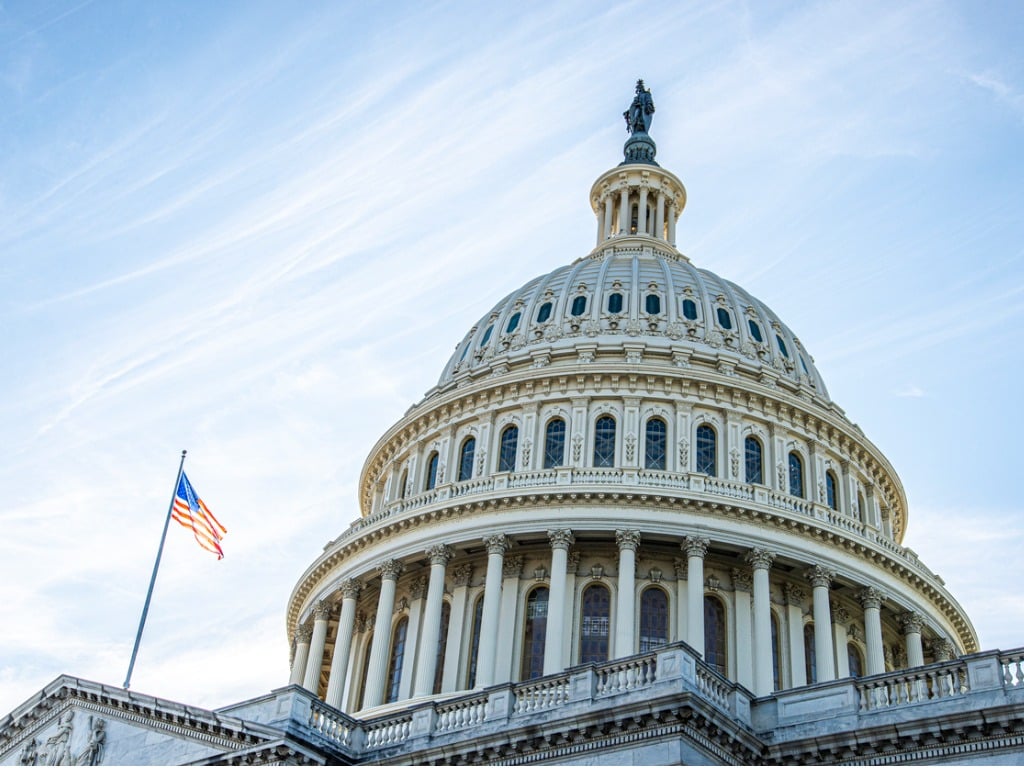In an August 16 article for The National Law Review, leading whistleblower attorney Stephen M. Kohn describes how pharmaceutical lobbyists were successful in removing the False Claims Amendments Act of 2021 from the Infrastructure Investment and Jobs Act. This last-minute lobbying effort was originally reported by Whistleblower Network News.
In his article, Kohn provides context on the history of the False Claims Amendment Act of 2021. He also details how a Forbes article published “[a]t the height of the lobbying efforts” erroneously described what the amendments to the False Claims Act (FCA) would actually do. “The Forbes column repeated misrepresentations pushed by the corporate lobbyists and added to their credibility,” Kohn writes. “Perhaps it was only fitting that a law designed to stop “false claims” that rip off taxpayers and threaten public health was killed by false claims spread by those who profit from fraud.” Kohn points out that the Forbes article was written by “by the President of the Pacific Research Institute, a ‘think tank’ sponsored in part by numerous anti-whistleblower groups, and the recipient of over $300,000 from the primary representative of Big Pharma: the Pharmaceutical Research and Manufacturers of America.”
Kohn contends that the False Claims Amendments Act would not “sharply raise healthcare costs” as the Forbes article states. “This argument is counterintuitive and blatantly false. The healthcare costs policed by the False Claims Act have significantly reduced fraud in the federal medical programs they cover, primarily Medicare and Medicaid spending. Fraud in these programs is well documented,” Kohn’s article reads.
Kohn also takes issue with the Forbes article’s claim that the False Claims Amendments Act “would shift the burden of proof under the law — and essentially treat those accused of fraud as guilty until proven innocent.” Kohn writes that “[t]his is a blatantly false statement” and that under the False Claims Act, “either the government or the whistleblowers who file the case always have the burden to prove that a fraud occurred.” He clarifies that the False Claims Amendment Act “simply codified existing law and would prevent activist and anti-whistleblower judges from misinterpreting the statute and creating higher burdens of proof on whistleblowers…Clarity in the law reduces litigation costs and helps all parties understand their respective obligations when they accept taxpayer monies or try to prove an FCA violation.”
Kohn concludes his article with a question: “Why did Big Pharma, the American Hospital Association, and its intellectual leaders writing for Forbes work so hard to undermine a moderate fix to an extremely important anti-fraud law? One word sums it up: Greed.” Kohn describes how statistics show “that a conservative estimate of the amount of fraud in Medicare/Medicaid programs was $68 billion” and that more liberal estimates of the amount of fraud in said programs is $230 billion. “Total sanctions in all programs sponsored by the Department of Health and Human Services (including Medicare and Medicaid) in 2020 were only $1.85 billion. Fraudsters are still getting rich at taxpayer expense. These billions in frauds are being collected by the very corporations and special interest groups that hired the lobbyists to defeat the FCA amendments,” Kohn writes. “Wall Street does not want to see the most effective whistleblower law used to detect and prosecute their crimes strengthened. Those who enjoy billions in profits at taxpayer expense are willing to fight hard to keep this money flowing.”
Kohn also points to a Marist poll that WNN sponsored which found that 81% of American votes “believe it should be a Congressional priority to strengthen corporate whistleblower laws.” He writes, “This included large majorities from every political party, and persons from every ethnic background and educational level, regardless of whether they resided in rural or urban areas. The American people want Congress to pass laws such as the False Claims Act Amendments of 2021. Will Congress listen?”
Whistleblower advocates are urging Congress to take action and pass the False Claims Amendments Act of 2021. The National Whistleblower Center recently released an action alert encouraging individuals to ask Congress to pass the Act.
